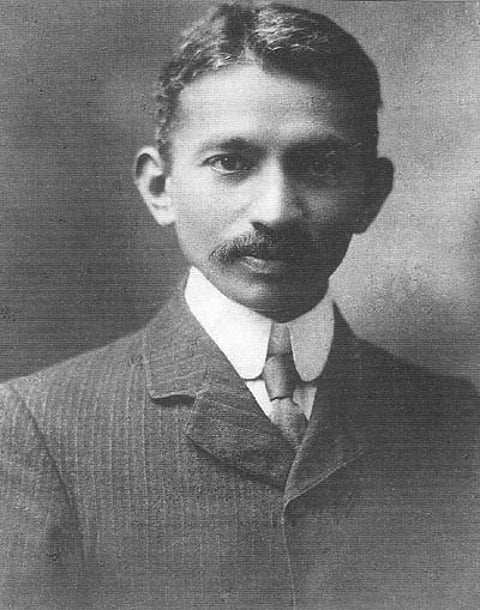Nobody calls Gautam Buddha a Nepali, even though he was born at Lumbini in Nepal. If the Buddha seems too august or distant, neither is Rabindranath Tagore's citizenship taken very seriously. If it were, there would have been at least some scattered demands for changing the Bangladeshi national anthem, now that the country has both a well-developed Muslim nationalism and a budding fundamentalist movement.
Mohandas Karamchand Gandhi's case is different. Although much of the rest of the world may not emphasise his Indian origins, many Southasians do — and they do so in a particular fashion. Southasians constantly offset his ideas against his political practices, which they find contaminated by his Indian-ness and Hinduism, and find him wanting. After Gandhi's assassination, no less than Albert Einstein said that future generations would find it hard to believe that such a person had walked the earth. Mohammed Ali Jinnah, however, mourned his death only as that of a great Hindu leader. Parts of Southasia are more ambivalent towards Gandhi than even the modern West — his avowed target — has ever been.

